Some people genuinely thrive on their own, while others start believing they’re better off alone after years of disappointments, misunderstandings, or just never quite feeling seen.
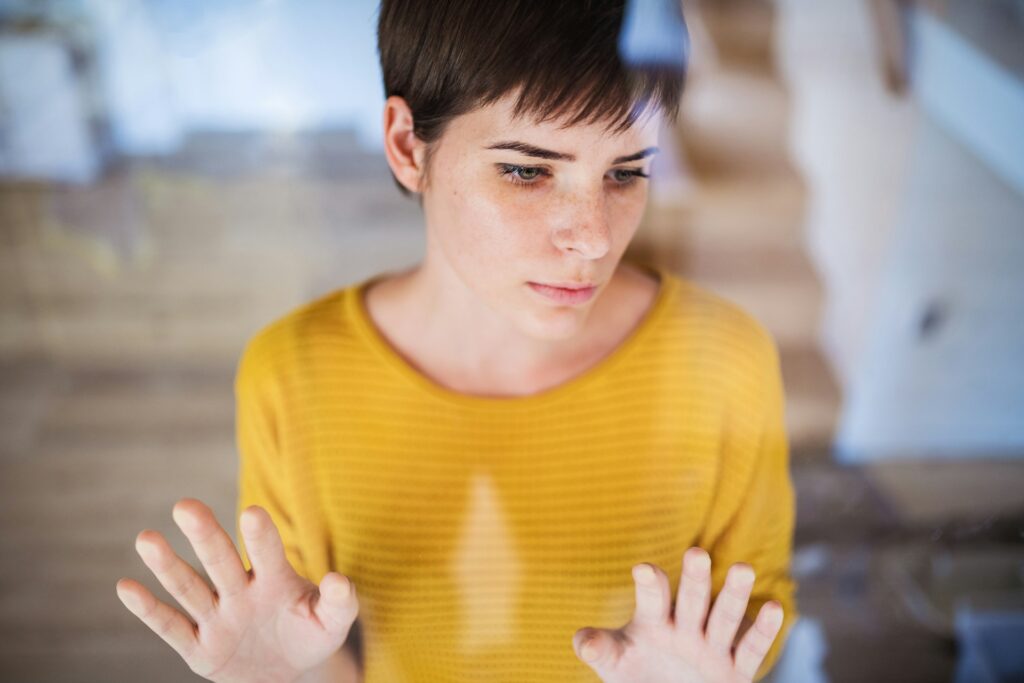
If you’ve ever had that voice in your head saying, “Maybe I’m just meant to do life solo,” you’re not weird, and you’re definitely not alone. Of course, sometimes, that belief isn’t truth. It’s protection. Here are some things to keep in mind if you often find yourself retreating into the safety of being on your own. It doesn’t have to be this way if you don’t want it to be.
1. You might not be “too much”—you were just around people who couldn’t hold space for your full self.

When people don’t know how to meet your emotional depth, your honesty, or your passion, it’s easy to internalise that as a personal flaw. However, it’s more likely they just didn’t have the capacity for it. That doesn’t mean you should shrink; it means you need to be around people who can hold what you carry. Being misunderstood repeatedly can make solitude feel like the only safe option, but real connection doesn’t ask you to be less. It meets you where you are, and values it.
2. Feeling alone doesn’t always mean you need more people—it might mean you need the right kind.

Being surrounded by people and still feeling alone is one of the most emotionally exhausting experiences. It’s no wonder you’d rather check out altogether. However, that isolation is a symptom of mismatched connection—not proof that connection isn’t for you. Sometimes, just one person who gets you is more healing than a room full of people who don’t. Don’t give up on relationships—just be more selective with where you place your energy.
3. Independence can be a strength, but sometimes it’s a mask for fear.

There’s nothing wrong with being self-sufficient, but if your independence comes from being let down too many times, it might be worth asking: do I genuinely prefer this, or have I just stopped trusting that anyone will show up for me? It’s okay to want help. It’s okay to lean on people, and it’s okay to admit that, deep down, you’d love someone to stand beside you, even if you’ve been carrying it all on your own until now.
4. Loneliness doesn’t make you weak—it makes you human.
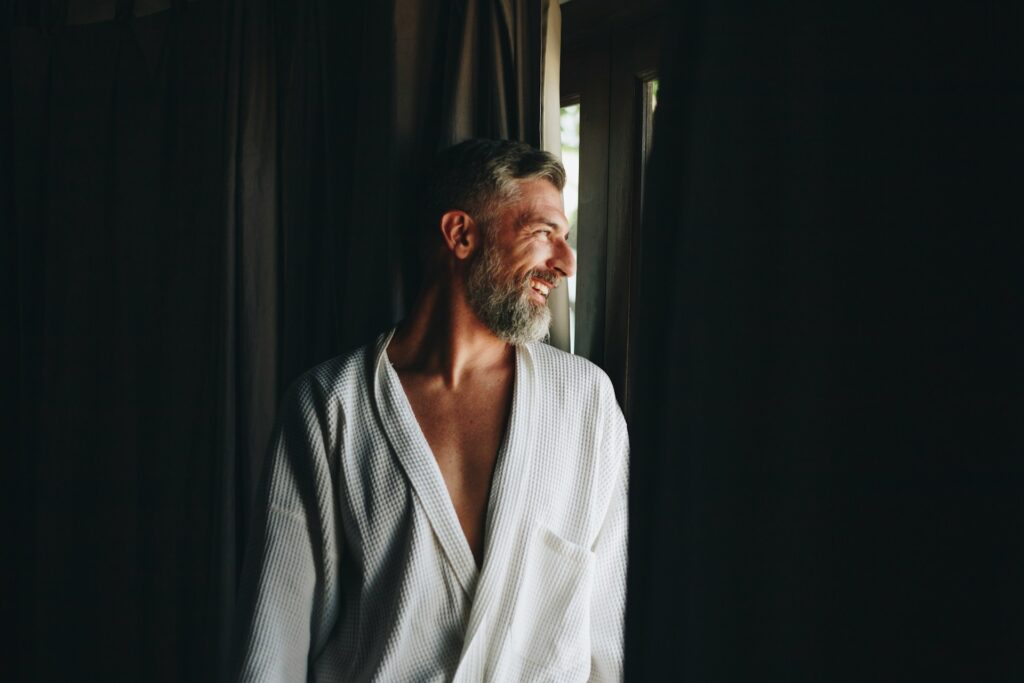
There’s a strange shame attached to feeling lonely, like it’s a sign of failure or neediness. However, loneliness is just a signal—your heart reaching out for connection. It doesn’t mean you’re broken. It means you care enough to want to be known. You can honour your need for solitude and still acknowledge that sometimes, you long for someone to sit beside you in the quiet. That longing doesn’t undo your strength—it balances it.
5. You might associate closeness with control, and that’s worth unpacking.

If you grew up around unpredictable or intense relationships, closeness might now feel unsafe. You pull back because you expect strings, pressure, or emotional debt. Alone feels simpler. Cleaner. Safer. The thing is, healthy relationships don’t come with control—they come with respect. You’re allowed to be close to someone and still maintain your freedom. It doesn’t have to be all or nothing.
6. Healing can feel incredibly lonely before it starts feeling freeing.

When you’re unlearning old patterns or stepping away from people who didn’t treat you well, it’s normal to feel like you’re floating in space. Healing often strips away the noise, and in that silence, it’s tempting to think, “Maybe this is just how I’m meant to be.” But keep going. That empty space eventually fills with people who feel right, who feel real. You just need to keep walking toward your future—not retreating into the past.
7. Some people fear relationships because they’ve never been in one that didn’t require self-sacrifice.
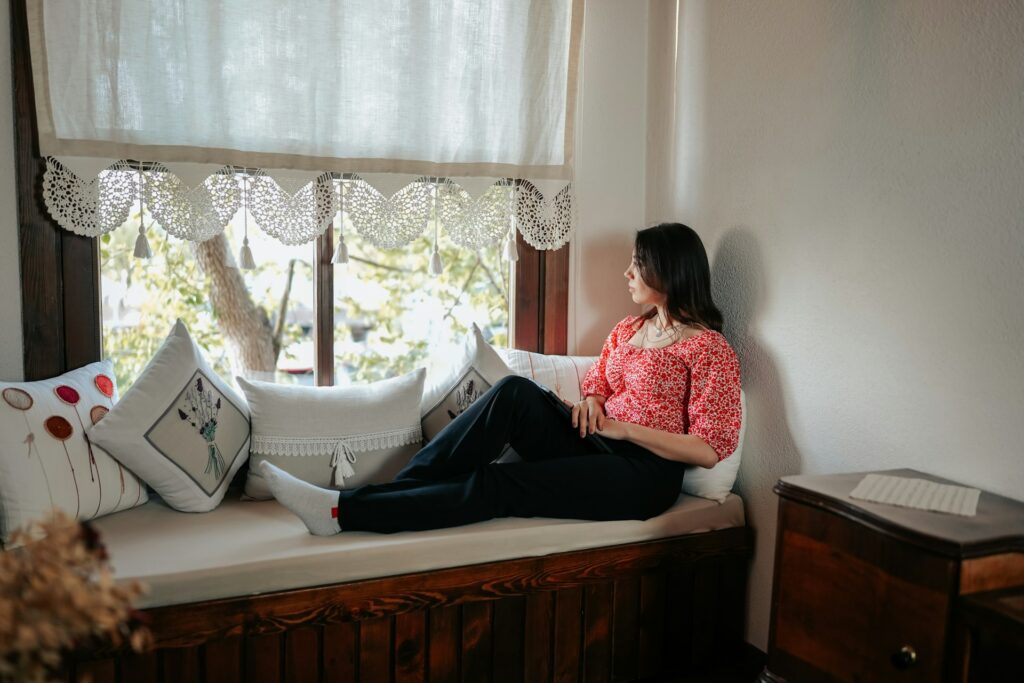
If your past relationships made you feel like you had to earn love by overgiving or overfunctioning, then of course being alone feels like relief. It’s the only time you’re not performing or monitoring someone else’s moods. However, real love doesn’t feel like a job interview. You’re allowed to exist in a relationship where you don’t have to hustle to be chosen. Where peace doesn’t come from control—it comes from trust.
8. It’s okay to not want traditional relationships, but check that you’re not just avoiding vulnerability.
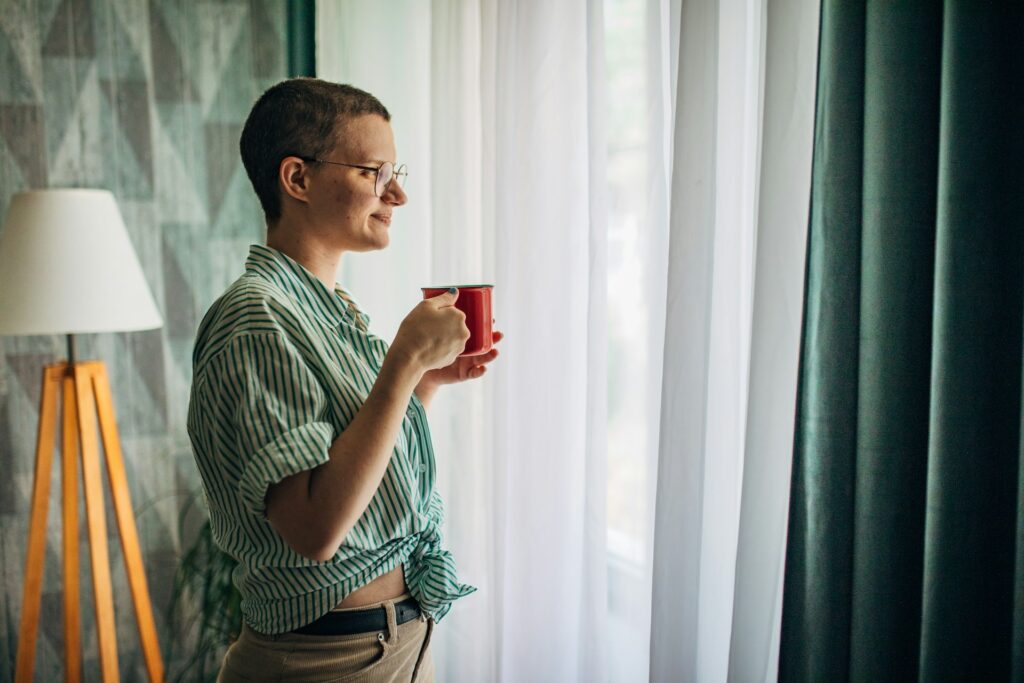
Maybe you’ve told yourself that you’re just not built for relationships. That the freedom of solo life suits you. And that might be true. However, it’s also worth asking: do I actually prefer being alone, or am I just scared of letting someone in? There’s no shame in wanting space. Just make sure it’s an empowered choice, not one made from old wounds or fear. You deserve connection on your terms, not isolation by default.
9. You can ask for help and still be strong.

A lot of people who choose to stay alone do it because they’ve learned that asking for help leads to disappointment—or worse, judgement. So, they stop asking. They become the reliable one, the fixer, the lone wolf. Of course, true strength includes asking for what you need. You don’t have to break before you let someone in. You just have to believe that needing support doesn’t make you weak—it makes you human.
10. Solitude can be healing, but isolation can become a habit.
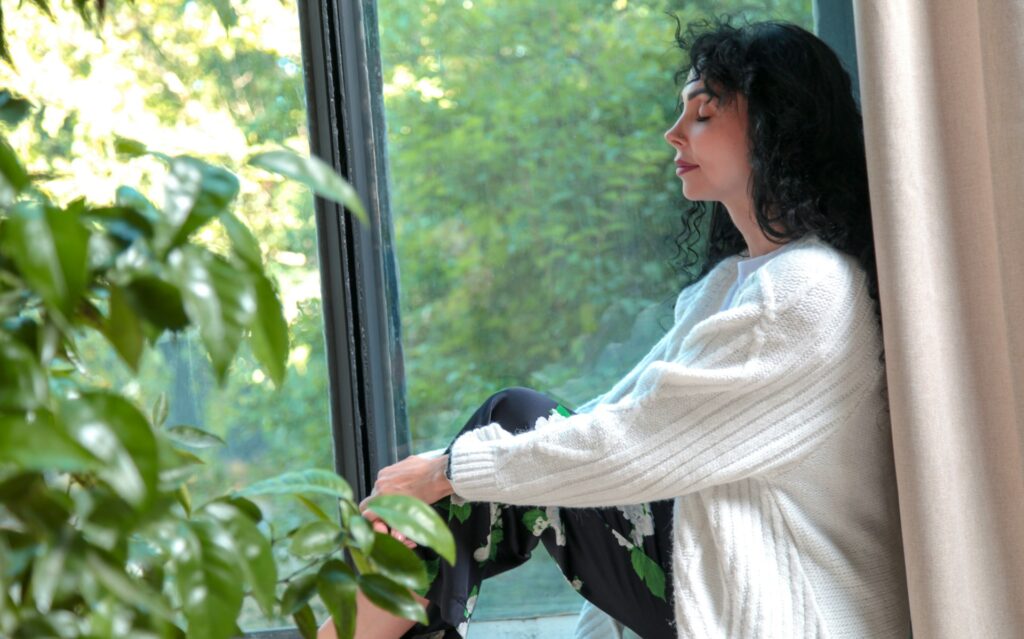
Time alone can be incredibly grounding. It gives you space to think, breathe, and reconnect with yourself. As time goes on, though, that solitude can tip into isolation without you even noticing. You stop reaching out. You stop letting people in. And after a while, it stops feeling like a choice and starts feeling like your only option. That’s when it’s time to gently step back into connection, even if it’s uncomfortable at first.
11. Just because you’ve always felt alone doesn’t mean you always will.

Some people go their whole childhoods—and much of adulthood—never feeling truly understood. That kind of long-term loneliness can make it hard to believe that real connection exists at all. Of course, just because you haven’t experienced it yet doesn’t mean it’s not out there. You’re still becoming, and the kind of people who will meet you where you are may just be ahead of you, not behind.
12. Not everyone will get you, but some people absolutely will.

One of the biggest lies loneliness tells is that no one could possibly understand you. That your needs are too complex, your thoughts too weird, your history too messy, but that’s not true. Some people will get it. Some people will get you. And when they do, it won’t feel like work. It’ll feel like home, but you have to stay open long enough to find them.
13. If you’re better off alone, it’s because you made it so, not because you had to be.

If you’ve created a life that feels fulfilling on your own, that’s incredible. However, let it be a choice you’re proud of, not a default built from past hurt. You deserve a life that feels rich and expansive, whether you share it with other people or not. You don’t owe anyone your vulnerability, but you do owe yourself the chance to explore what real connection could feel like—without fear clouding your view of what’s possible.
14. You’re not broken, you’re just protective.
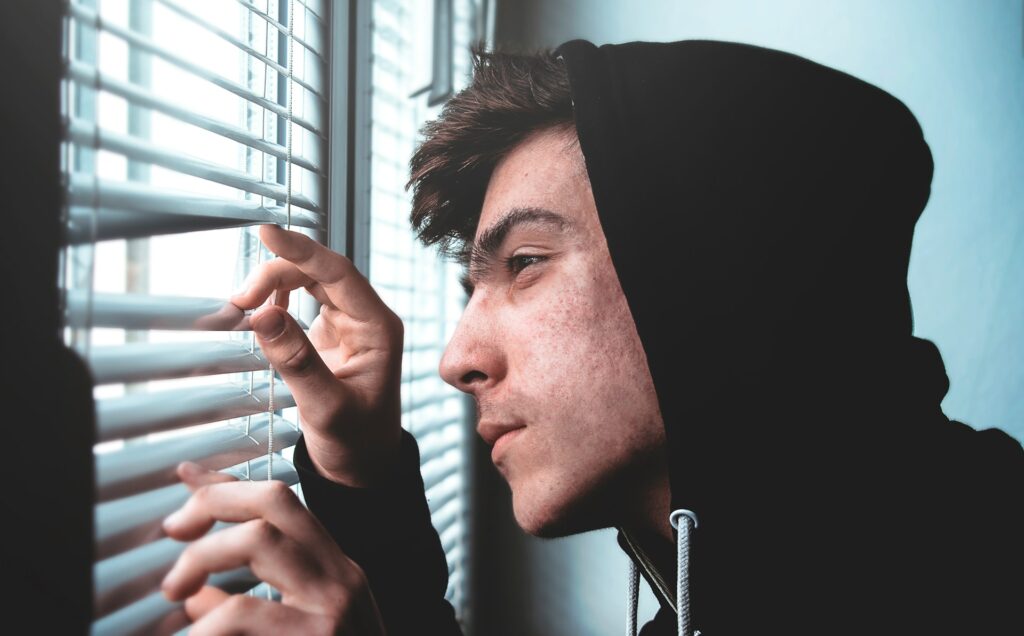
At the heart of a lot of self-imposed solitude is protection. You’ve learned how to be your own safe place. That’s beautiful. But don’t confuse protection with punishment. You don’t have to spend your life defending yourself from love.
There are people who will handle your heart with care. There are spaces where you don’t have to prove your worth. And there is a version of your life where “better off alone” isn’t the only way to feel safe. Just take your time, but don’t close the door entirely.


